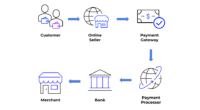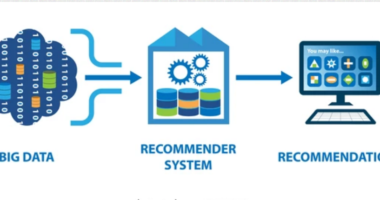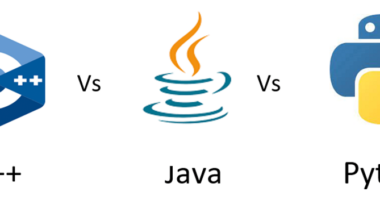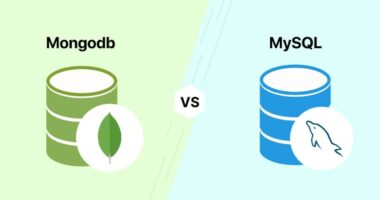The wholesale industry, a cornerstone of the global economy, is witnessing a transformative wave of change propelled by technological advancements, shifting consumer behavior, and evolving market dynamics. In this blog post, we delve into the key trends shaping the wholesale landscape and explore how businesses are adapting to stay ahead in this competitive environment.
- Digital Transformation:
One of the most prominent trends in wholesale is the widespread adoption of digital technologies. Traditional brick-and-mortar wholesale models are making way for online platforms and digital marketplaces. The shift towards digitalization streamlines processes, enhances efficiency, and provides wholesalers with unprecedented access to a global market. E-commerce platforms and B2B marketplaces are becoming essential tools for wholesalers, enabling them to reach a broader customer base and optimize supply chain operations.
- Data-Driven Decision Making:
The rise of big data analytics has empowered wholesalers to make informed decisions based on real-time insights. By leveraging data analytics tools, wholesalers can identify trends, forecast demand, and optimize inventory management. This data-driven approach not only enhances operational efficiency but also enables wholesalers to respond swiftly to market fluctuations, giving them a competitive edge in an ever-changing landscape.
- Supply Chain Resilience:
The COVID-19 pandemic highlighted the importance of resilient and agile supply chains. Wholesalers are now prioritizing the diversification of suppliers, investing in technology to enhance visibility across the supply chain, and adopting measures to mitigate risks. The emphasis on supply chain resilience ensures that wholesalers can navigate disruptions more effectively and maintain a consistent flow of goods to meet customer demands.
- Sustainability and Eco-Friendly Practices:
As environmental concerns gain prominence globally, the wholesale industry is witnessing a shift towards sustainability. Wholesalers are increasingly adopting eco-friendly practices, including sustainable sourcing, packaging, and distribution. Businesses that prioritize sustainability not only contribute to environmental conservation but also cater to a growing market of environmentally conscious consumers, thus enhancing their brand image and marketability.
- Personalization and Customer Experience:
In the era of personalized consumer experiences, wholesalers are focusing on tailoring their services to meet individual customer needs. Customization in product offerings, personalized communication, and responsive customer support are becoming pivotal in building strong, long-lasting relationships with retailers. Enhanced customer experiences not only foster loyalty but also drive repeat business and positive word-of-mouth.
- Automation and Artificial Intelligence:
Automation and AI are revolutionizing wholesale operations by optimizing repetitive tasks, reducing costs, and improving overall efficiency. Wholesalers are deploying AI-powered tools for demand forecasting, inventory management, and pricing strategies. Automation not only streamlines processes but also allows wholesalers to allocate resources more strategically, driving business growth and innovation.
Conclusion:
In conclusion, the wholesale industry is undergoing a profound transformation driven by digitalization, data analytics, sustainability, and a customer-centric approach. Embracing these trends is not just a choice but a necessity for wholesalers aiming to stay competitive and resilient in an ever-evolving marketplace. By adapting to these dynamics, wholesale businesses can position themselves as leaders in a new era of commerce, marked by innovation, efficiency, and sustainability.









